Posters are powerful tools for promoting events, businesses, or ideas if they’re designed right. Whether you are creating one for social media, a local event, or client work, these tips will help you design posters that grab attention and clearly communicate your message.
Define Your Purpose
Before you open Canva or any design software, ask yourself:
- What is the goal of this poster?
- Who is it for?
- What action do I want people to take after seeing it?
Knowing your purpose helps guide every design choice, from colors to content.
Create a Strong Visual Focal Point
Make sure there's something that instantly grabs attention. This could be:
- A bold headline
- A powerful image or illustration
- High-contrast colors
Your focal point should be the first thing people notice, and it should support the message you're sharing.
Keep the Text Clear & Concise
Posters aren't meant to be read like blog posts. People usually glance at them so your message should be quick and easy to digest.
- Use short sentences or bullet points
- Highlight key information (what, when, where, how)
- Choose legible fonts and avoid overcrowding
Stick to a Clean Color Scheme
Choose 2–3 main colors that complement each other and suit your brand or message. Be mindful of:
- Contrast (light text on dark background or vice versa)
- Mood (bright colors for fun events, neutral tones for professional settings)
Use Visual Hierarchy
Help guide the viewer’s eye through the poster using:
- Font size (headline > subheading > body)
- Spacing and alignment
- Color and weight (bold for emphasis)
Hierarchy makes it easier to absorb info quickly.
Use High-Quality Images or Graphics
Low resolution or blurry images will make even the best-designed poster look amateur. Stick to:
- High-quality stock photos or custom illustrations
- Icons and visuals that support your message
- A clean background to keep the focus on the message
Include a Clear Call to Action (CTA)
Tell your audience exactly what to do next:
- Visit a website
- Follow a social media account
- Join an event
- Contact for more info
A CTA helps turn attention into action.
Design for Both Print and Digital (If Needed)
If your poster will be shared online, make sure it looks good on mobile and social feeds. Some tools (like Canva) offer resizing templates for Instagram posts, stories, and flyers.
Test Before You Publish
Before finalizing your poster:
- Step back and look at it from a distance
- Ask a friend: "Can you tell what it’s about in 5 seconds?"
- Proofread for any typos






0 Comments